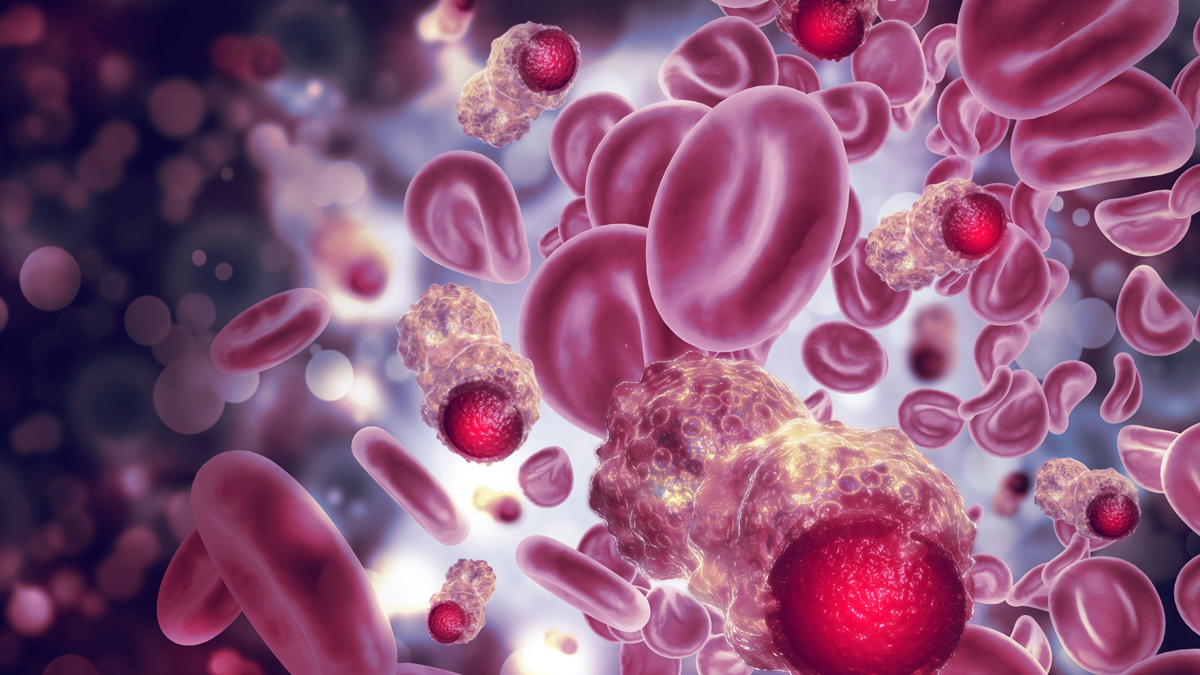Carvykti, Abecma move earlier in multiple myeloma treatment

Johnson & Johnson and Legend Biotech’s BCMA-targeted CAR-T therapy Carvykti has been approved by the FDA to treat patients with multiple myeloma after at least one prior therapy.
The decision came right after the US regulator also cleared Bristol-Myers Squibb and 2seventy bio’s rival CAR-T Abecma as a third-line therapy for relapsed or refractory multiple myeloma, moving the cell therapies much earlier in the treatment pathway from their current fifth-line use.
Carvykti (ciltacabtagene autoleucel) can now be used after first relapse in patients who have been previously treated with a proteasome inhibitor (PI) and an immunomodulatory agent (IMiD) and are refractory to lenalidomide.
The approval is based on the CARTITUDE-4 study, in which the CAR-T was shown to reduce the risk of disease progression or death by 59% compared to standard therapies in patients previously treated with one to three prior lines of therapy.
According to Binod Dhakal of the Medical College of Wisconsin, one of the study investigators, the approval gives patients the opportunity for a treatment-free period for their multiple myeloma as early as first relapse.
That gives hope of “eliminating the burden of having to be on continuous treatment while living with this challenging disease,” he said.
Abecma, meanwhile, can now be used after two or more prior lines of therapy – including an IMiD, a PI, and an anti-CD38 monoclonal antibody – based on results from the KarMMa-3 trial, which showed that it reduced the risk of disease progression or death by 51%.
Both CAR-Ts have warnings on their labels related to an increase in deaths compared to standard treatment in their pivotal studies, as well as a risk for secondary blood cancers in line with an FDA review of the safety of the entire CAR-T class earlier this year.
More than 35,000 estimated new cases of the incurable blood cancer will be diagnosed in 2024 in the US, according to estimates. The fifth-line treatment population is thought to number around 5,000, so both new indications will expand the number of patients eligible for treatment with CAR-T therapy.
Sales of Carvykti were $500 million last year, compared to $472 million for Abecma, and both have been tipped to reach multibillion-dollar sales levels with the expanded indications.
However, the cell therapies – which require an involved therapeutic process that involves harvesting, modifying, and re-infusing cells – are likely to face serious competition from off-the-shelf alternatives, like BCMA-targeting bispecific antibodies and antibody-drug conjugates.
Those include J&J’s Tecvayli (teclistamab) and Pfizer’s Elrexfio (elranatamab) – two BCMAxCD3 bispecifics already approved for later-line use, but in testing to move forward in the treatment pathway – as well as GSK’s ADC Blenrep (belantamab mafodotin), which was withdrawn from sale in the US, but has bounced back with new second-line data.













